Best Shots advance review: The Department of Truth #1 "fascinating"
James Tynion IV and Martin Simmonds create a speculate sci-fi series that's almost *too* prescient with The Department of Truth
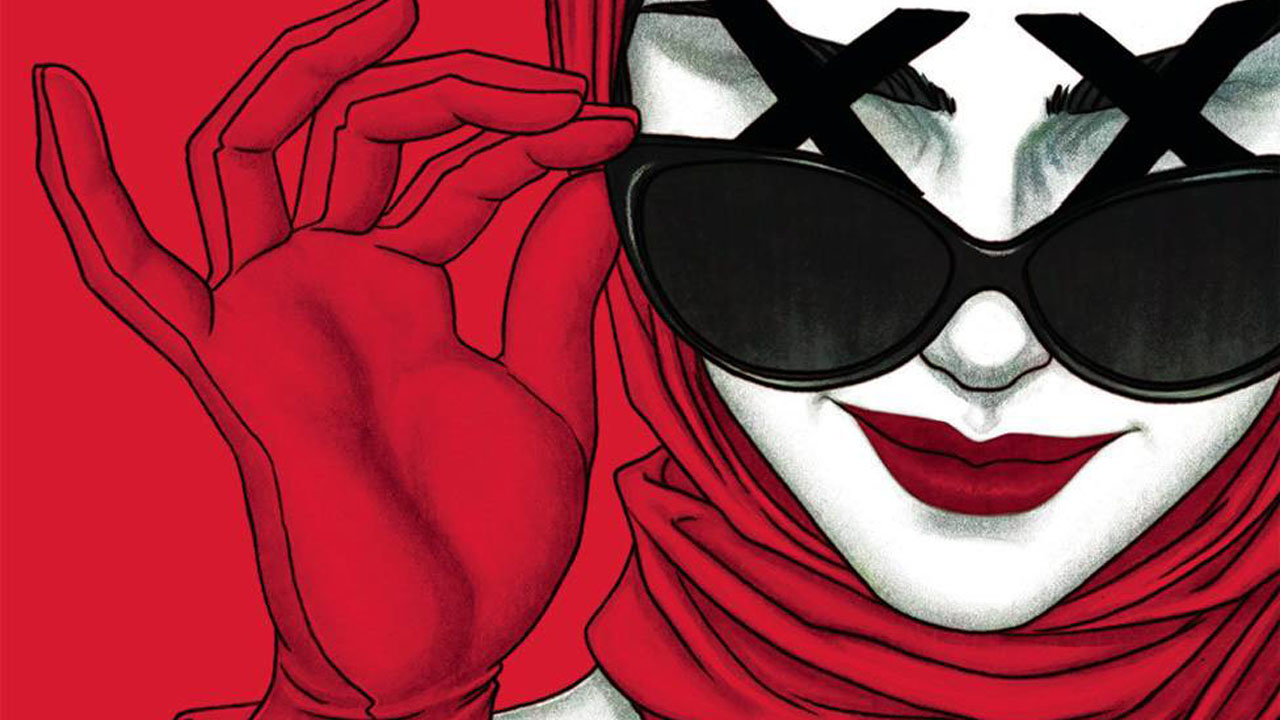
The Department of Truth #1 is a fascinating book. The premise, in brief: what if collective belief could, very literally, reshape the fabric of the world? If enough people believing in chemtrails could make them an irrefutable fact of our daily lives? Writer James Tynion IV and artist Martin Simmonds tackle this in a conspiracy horror tale that follows FBI Special Agent Cole Turner's path to the hidden truths of the world and the secretive department that works tirelessly to preserve them.
Written by James Tynion IV
Art by Martin Simmonds
Lettered by Aditya Bidikar
Published by Image Comics
'Rama Rating: 8 out of 10
Artistically this book is a knockout. Martin Simmonds and Aditya Bidikar do truly stunning work here - Simmonds makes the whole book feel ephemeral and haunting. Reading The Department of Truth feels like teetering on the edge of a dream you can't quite understand, hazy and unclear with vibrant pops of color at moments that evoke the sharp swoop of your stomach as you step over the edge of a cliff and jerk yourself awake just in time. Much of the book is experienced through Cole's recounting of a recent flat earth convention, and there is a sameness and fogginess to everyone he sees leading up to the climactic encounter that sets him on the path to The Department of Truth that makes the instances of any well-defined faces seem piercing.
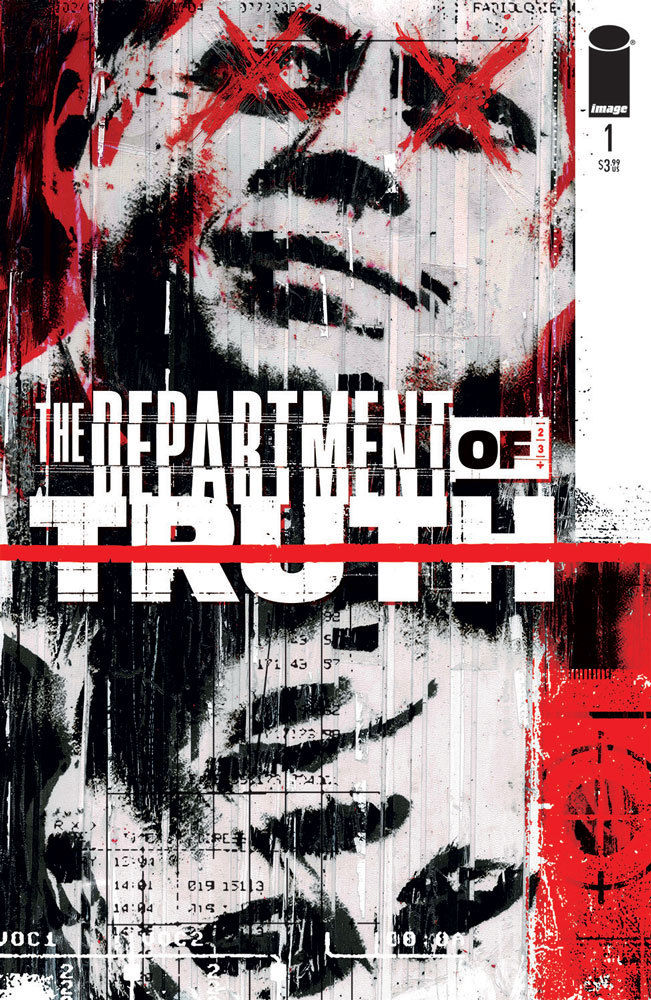
Tynion is a skilled horror writer as well - The Department of Truth is an uneasy read that I've been thinking about frequently since I read it. There's a ripped-from-the-headlines element to the narrative with the Koch-inspired Boulet Brothers to Turner's own work as a Quantico instructor who focuses on the use of memes and internet subcultures as pathways to ideological radicalization. Strangely, though, these more grounded elements are what manage to undermine some of the horrific punch of the book's central reveal.
The Department of Truth hinges on the danger of a devilish wealthy elite wielding their influence to make people believe only what they want to believe, in a way that has physical consequences for the world we live in. This is certainly a horrifying premise, but also frankly not actually that far removed from reality. A recent NPR investigation revealed that the plastics industry overstated the capacity for plastics recycling for decades, investing in advertising campaigns to promote recycling while the majority of their discarded products were buried in favor of producing cheaper new plastic over the expensive recycling of existing products. To a lesser degree, there's the reality I have to acknowledge that many people might tune out of that sentence after reading 'NPR.'

The Department of Truth #1 preview
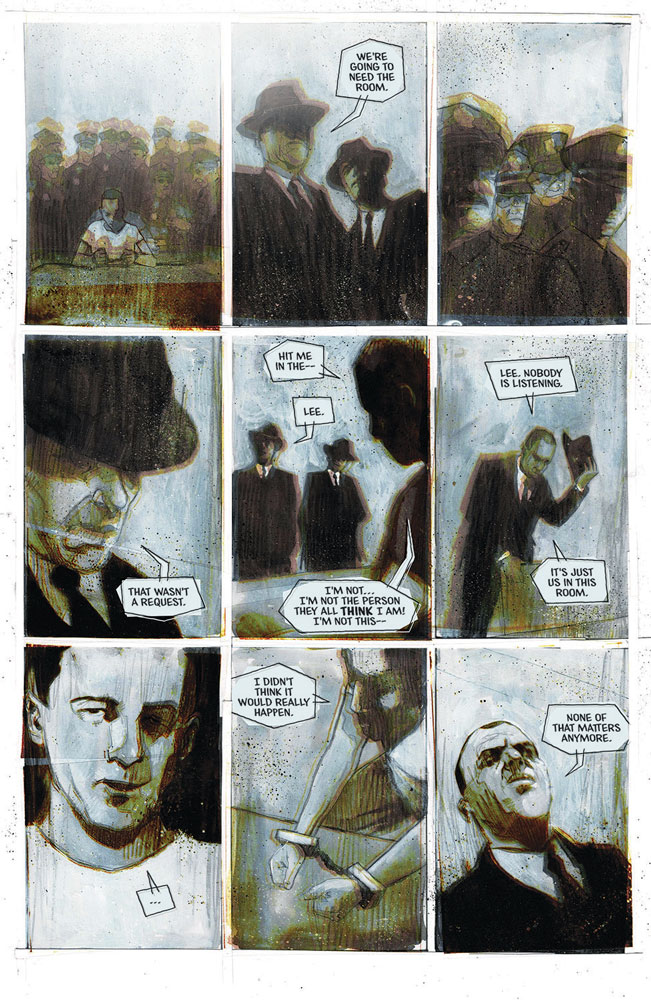
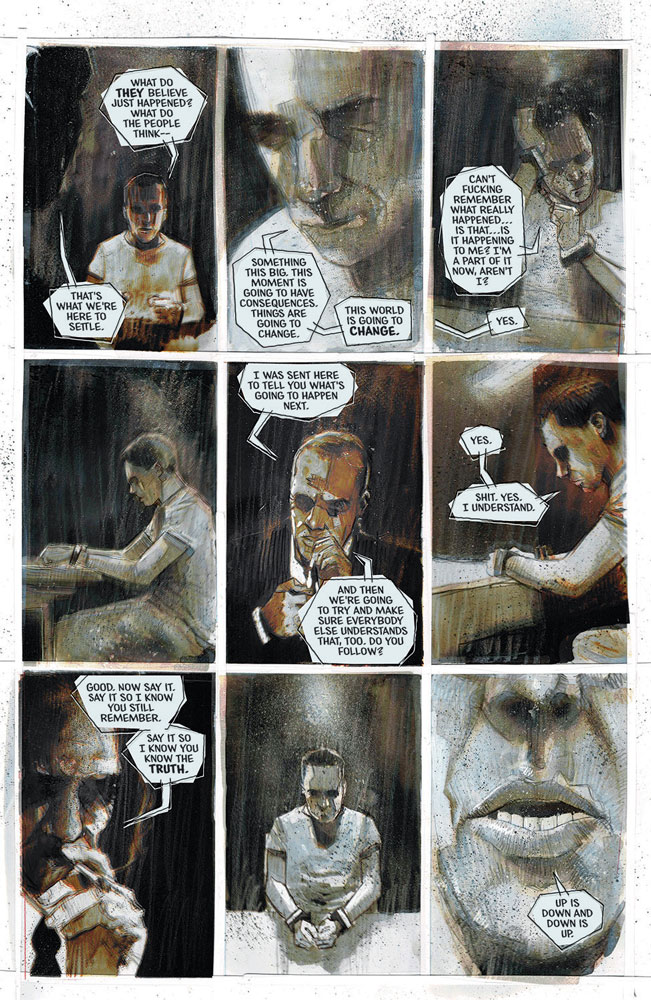
So, somehow, The Department of Truth winds up skirting the edge of feeling a little - dated, almost. This feels like a commentary on current American politics, through the lens of a historical twist to establish the longer-running conspiracy, but the very specific touchstones invoked skip from the '60s to the present day with no stops in between to fully ground the series in its own conceit. The horror seems to be the danger of men like the billionaire Boulet brothers of The Department of Truth being able to undermine the fabric of reality to shape public sentiment and the government to their own whims.
That is undoubtedly a frightening premise, but it's not really clear from this first issue whether The Department of Truth is reflecting on decades of this very real ideological astroturfing (which, as many conspiracy theories already purport, already involved U.S. intelligence apparatus) or extrapolating a fictional scenario backward from the last couple of years. There's something missing between invoking popular conspiracies of the late '60s/early '70s and making Turner an investigator of white supremacist memes as recruitment tools - specifically the racist tendencies of conspiracy theories, or undermining government authority or public sentiment through conspiracy specifically to find the power to leverage against marginalized groups or even entire countries.
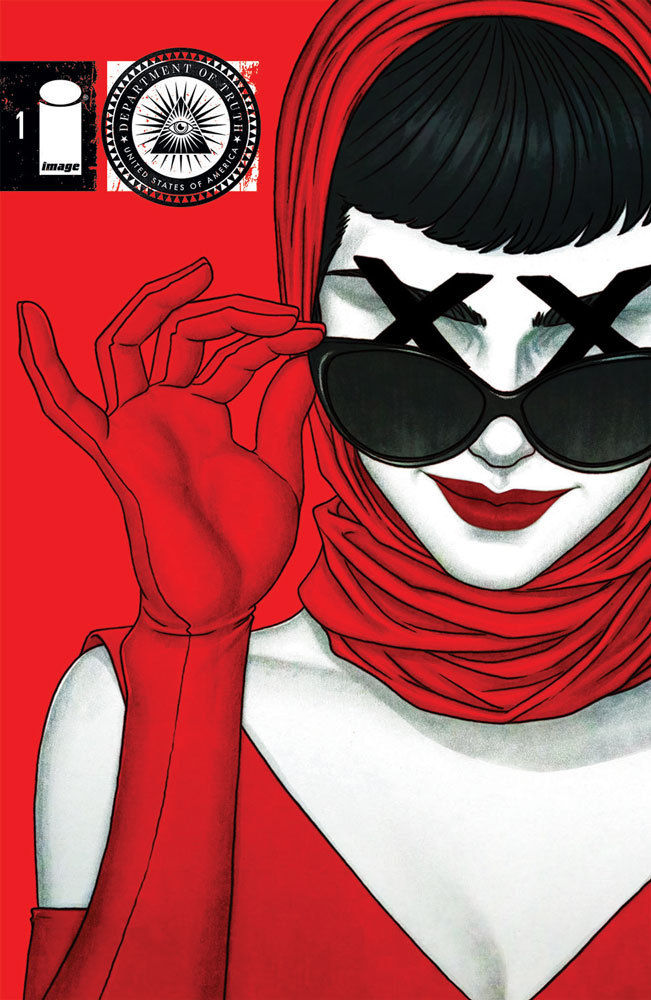
Invoking the Kochs and making Turner's work so specific and then focusing very specifically on the conspiracies does make The Department of Truth feel political, but not fully committed to its own villain. If you like the X-Files or conspiracy-horror you'll most certainly enjoy The Department of Truth. It is without question a good debut, but in some ways the monsters here are very real already, and fully making that connection in future issues is what will make The Department of Truth a great series.
Get the best comic news, insights, opinions, analysis and more!
The Department of Truth #1 goes on sale September 30.
Read our interview with James Tynion IV and Martin Simmonds about The Department of Truth here.


